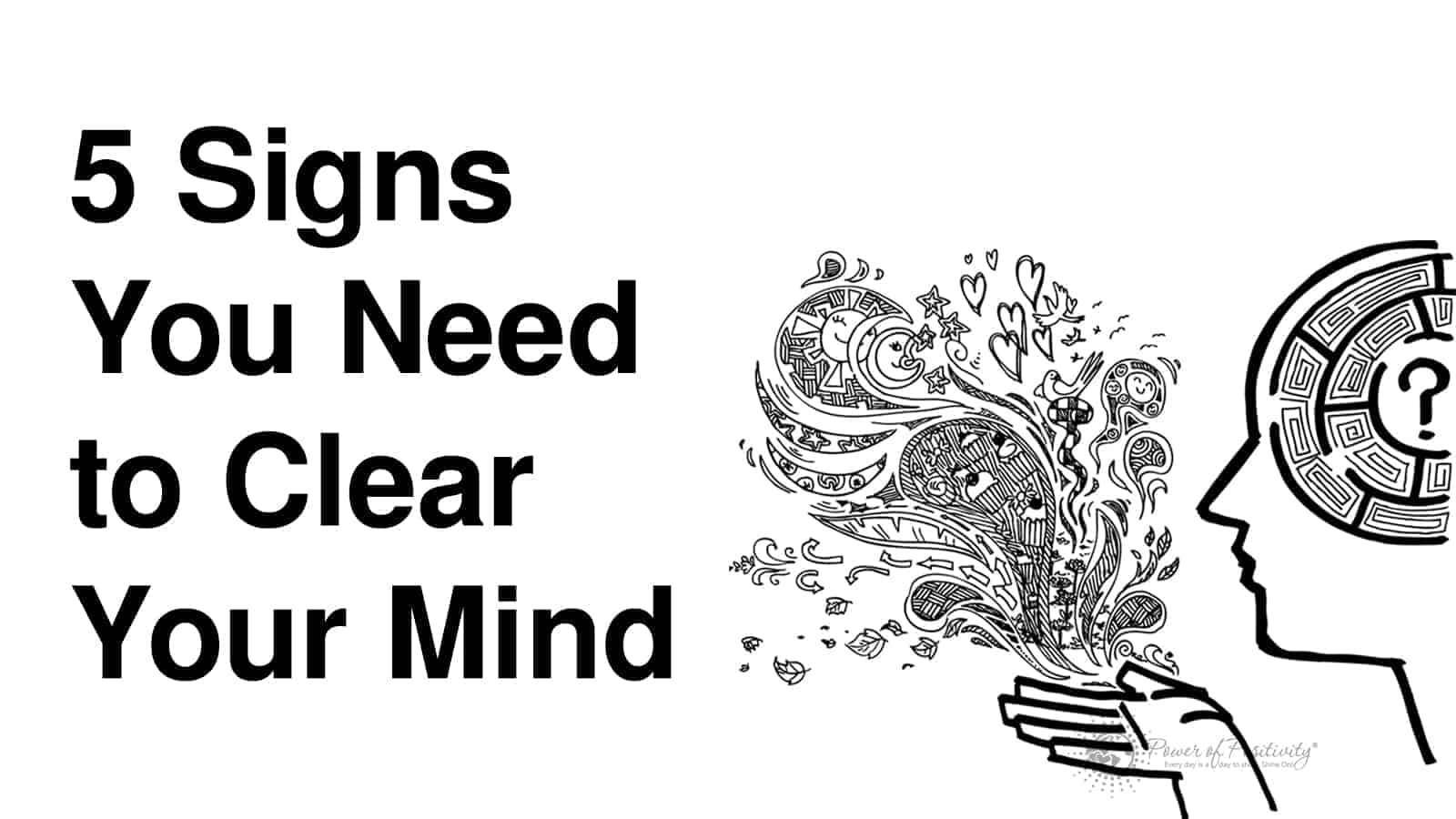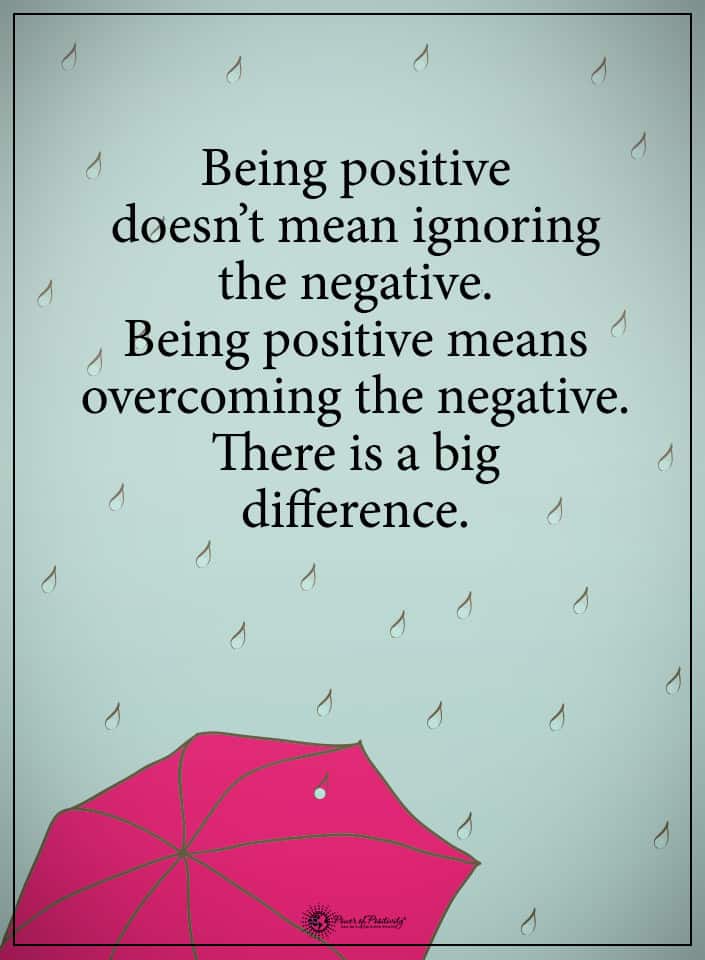Remember the time you frantically searched for your car keys only to find they were hanging on the key rack the whole time? Perhaps, you were looking for your eyeglasses that were on your head or hunting for your cell phone that you’re talking on. If these sound like you, perhaps it’s time to learn how to reduce brain fog.
You’ve probably heard and experienced brain fog in some capacity, but you may not honestly know what it is when it occurs. To put it into terms, you’ll understand, when you have this fuzzy feeling in your head, it can take you an hour to do something that should only take ten minutes. How many times have you walked into a room and completely forgot why you came into this space in the first place?
Do you lie in bed at night, second-guessing whether you locked the door, turned off the lights, or if you accidentally left the stove on? The tricky part is that having brain fog doesn’t give you an actual medical condition or a diagnosis that defines things. It’s just a random term used to describe a person’s state when they have problems with their memory, focus, or the inability to solve simple problems.
No, you don’t have a disease like dementia that is impairing your brain function, but you do have an issue impacting your life. You must also be careful because some of the symptoms of this condition also mimic those of the anxiety-related condition of obsessive-compulsive disorder?
Here Are The Most Common Signs That It’s Time For You to Reduce Brain Fog
•Chronic fatigue
•No energy
•Problems recalling things
•Depression
•Little to no motivation
•Feelings of hopelessness
•Low concentration
•Insomnia
•Mood instability
•Irritability
•Disorientation
•Vision problems
•Struggling to find the right words to complete thoughts
Five of the Most Common Causes of Brain Fog
It’s normal to have some mental fogginess as you age, but people of all age groups experience this common issue. The key is to get to the root cause to take the proper steps to reduce brain fog, once and for all!.
Circumstances can make it come and go, and this fuzzy feeling can be connected to other diseases and issues in the body like your digestion or even an autoimmune condition. Here are the most common causes of mental fog:
1. Lack of Sleep
You need rest for your body to rejuvenate and repair cell damage that has occurred during the day. Many things can affect your sleep, such as stress, work, family responsibilities, and diseases. However, when you don’t get enough rest, it can impair your brain’s function and cause a foggy feeling.
According to Open Access Government, after two days of no sleep, your body will experience things like hallucinations, delusions, paranoia, and mental fog. Sleep is not just something you do to pass the time; your body requires so much of this downtime to rest.
2. Stress (One of the Key Signs That You Must Reduce Brain Fog)
Everyone has stress, but having high tension levels can cause you to have issues with mental fog. Many folks think stress is just a feeling, but it’s a hormonal situation in the body. When you’re under stress, your body releases hormones to combat the issue, and the two most common are cortisol and adrenaline.
Cortisol warns your body that your immune system needs to kick into high gear to fight. This chemical messenger is responsible for putting you on high alert in times of danger, and once the threat is gone, your cortisol levels will normalize. Sadly, when you’re in this heightened state, it causes you to lose sleep, eat poorly, and develop relationship issues.
Stress is also a big part of your immune response to the angst that you feel. So, it’s only normal that when hormone levels are off and your body is armed for defense, your brain becomes foggy and tired from the upheaval.
 3. Hormones
3. Hormones
Menopause drastically alters a woman’s life. During this time frame, major hormonal shifts occur within the body, and these can cause you to have mental fog. As your estrogen levels diminish, the fluctuations can trigger these fuzzy feelings.
However, natural methods to combat estrogen loss don’t have increased cancer risks like Western medicine methods. The lack of hormones can cause havoc in the body, but there are ways to control it to reduce your brain fog.
4. Poor Diet and Vitamin Deficiencies
Eating a diet filled with sugars, starches, and bad fats can affect your mental health. When you get your nutrition from fast food and junk food, it doesn’t fuel your body with the vitamins it needs. It would help if you kept your vitamins and minerals at optimal levels to keep your brain sharp and avoid fuzziness.
5. Thyroid Disease
Your thyroid affects many parts of your body. When your thyroid levels are off, either hypo or hyper, it can cause you to have issues such as palpitations, weight gain or loss, and brain fog. Your thyroid is directly linked with so many bodily processes that any fluctuation in the hormone levels it produces can cause major issues.
Five Habits to Reduce Brain Fog
If you want to reduce those fuzzy feelings of forgetfulness and lack of concentration that you feel, then there are things you can do to change it. While you cannot control disease in your body, you can control other aspects that can improve this miserable feeling. Here are some habits to consider.
1. Use Herbs to Support Brain Health
Mother nature has many herbs and supplements that can help your body heal and restore itself, even your brain. While there are many herbs used for this purpose, Lion’s Mane and Ginkgo Biloba are the most common. According to The Chalkboard, both have shown effectiveness in mental fog as well as anxiety and depression.
2. Alter Your Eating Habits to Reduce Brain Fog
It’s incredible the mental clarity people report when starting a diet that eliminates many carbs. Could the key to erasing your mental fog be as easy as cutting out sugar and starches?
According to Dr. Jockers, who has studied this diet and the effects on the brain, eating a diet high in fat and protein can have a dramatic impact on the brain and its clarity.
Like the Mediterranean and the auto-immune diet, other nutritional regimes seem to also work wonders on mental haze.
3. Kick Stress to the Curb
How many times have you wished that you could lower your stress levels? Well, you can’t change the things that go on around you, but you can change how you respond to them. You must learn effective coping skills for life.
Life will never be without stress, but you can improve your brain health by doing something to combat it. For starters, exercise is an excellent way to combat angst. When you’re working out, it increases your feel-good chemicals in the brain, helping you fight the stress you feel.
You can do tons of things to relieve your stress, like taking a stroll through nature, soaking in a hot tub of water, and learning how to meditate. Find some relaxation techniques that work for you to reduce brain fog. It may take some trial and error or more than one method to give you the relief you need.
4. Get Sufficient Rest to Reduce Brain Fog
Mental fog will be an issue if you’re not getting between 6-8 hours of sleep each night. If you can’t sleep well, you must find out why. Many things can cause insomnia like stress, poor diet, hormonal imbalances, depression, anxiety, and so on. When you get to the crux of your issue, you can help resolve the insomnia problem.
5. See a Homeopathic Doctor
Homeopathic or functional doctors view things differently than those who practice Western medicine. They don’t throw treatments at this issue; rather, they get to the root of the problem. Additionally, they use natural approaches that don’t come with side effects and interactions as other commonly used techniques.
When you’ve tried several methods and have had no luck, it’s time to try alternative therapy to see if you can get to the issue behind the mental haze. Adding a few herbs and minerals to your day can make a world of difference.
 Final Thoughts on Trying New Ways to Reduce Brain Fog
Final Thoughts on Trying New Ways to Reduce Brain Fog
While having a mental fog is not a medically diagnosable condition, it affects millions of people worldwide. Things from hormone fluctuations to poor diet and even disease can dramatically affect your brain function. Brain fog can range from mildly annoying to severe, and it will affect each person differently.
It’s imperative to determine the root cause of this condition as it can be crippling at severe levels. Thankfully, many herbal supplements can help you combat this miserable feeling, and you can use the power of the earth to heal your mind, reduce brain fog, and strengthen your body.



















